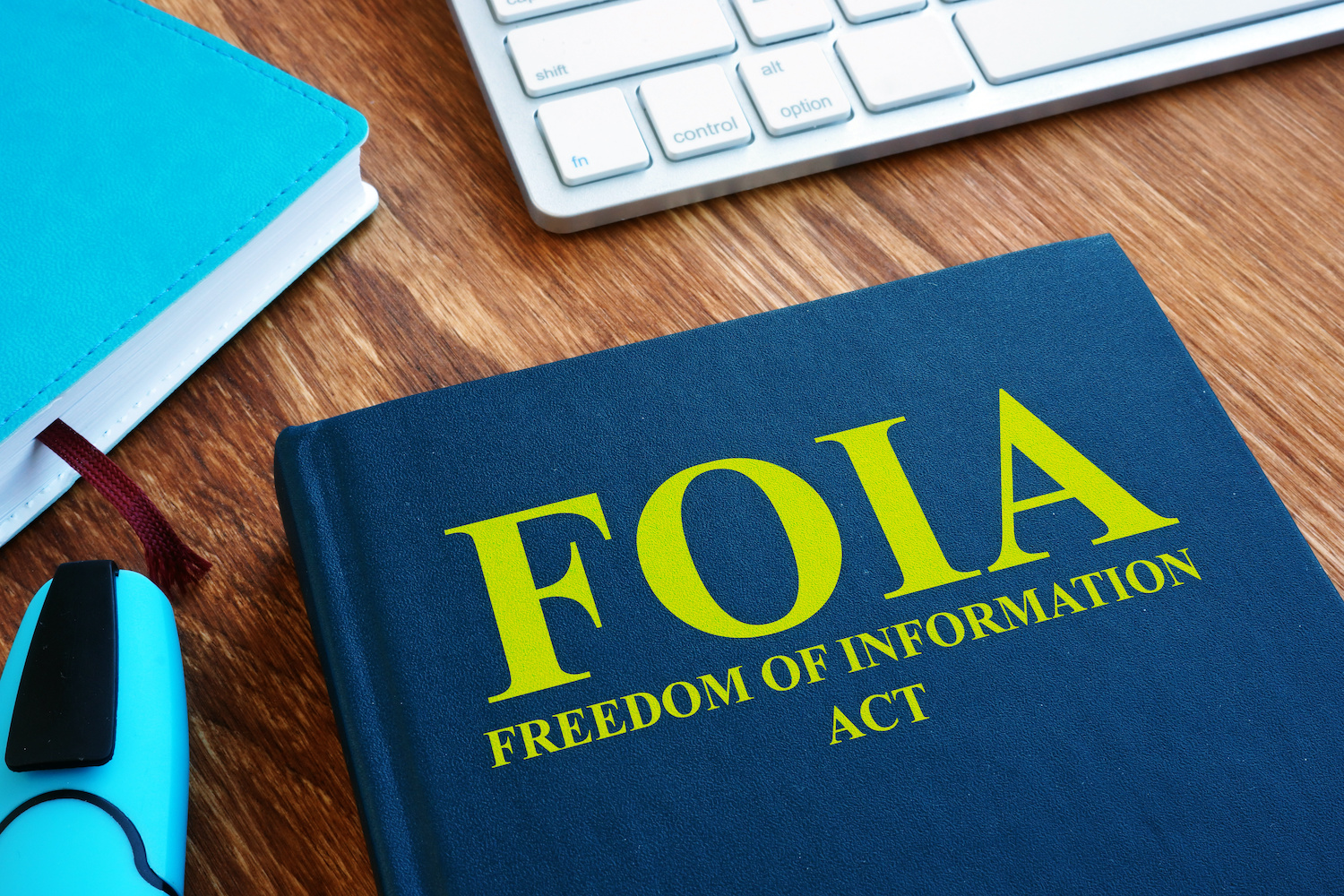Lyndon B. Johnson absolutely hated the thought of journalists ‘rummaging in government closets and opening government files’ and was very much against the idea of the Freedom of Information Act. But while vacationing at his Texas ranch on July 4th, 1966, he signed the bill to pass it. Referenced as "Title 5 of the United States Code, section 552," the Freedom of Information Act is a law that ensures U.S. government records (federal) be available for public access. Although the FOIA provides access to such records, this right excludes information or records held by Congress, the courts or by state or local governing agencies.
Offices and departments of the Executive branch, federal government-controlled corporations, and regulatory agencies are all federal agencies as defined by the FOIA. Such offices include the U.S. Postal Service, the U.S. Department of Veteran Affairs, and even the FCC. As these federal agencies are required to disclose any records, information can be refused under the grounds of 1 of 12 exemptions or exclusions as protected under the Privacy Act of 1974. The Privacy Act gives the government authority to place restrictions on records that can be retrieved by personal identifiers such as a Social Security number or name. These restrictions or exclusions for non-disclosure include any information that is subject of a criminal investigation or proceeding, informant records, or existence of FBI foreign/counter intelligence. The exemptions and materials not available or that would be grounds for refusal are:
- Classified documents
- Internal agency rules
- Information exempted by another federal statute
- Confidential business information
- Internal government communications
- Personal privacy
- Law enforcement
- Financial institution records
- Geological information
To make a FOIA request, choose the agency that will be able to provide the information you are looking for. This information or agency can be researched online or at the library. Thanks to modern technology, most federal agencies provide sample letters or letter generators on their web sites. You can also obtain the agency’s mailing address, which will be needed to forward your written request. When drafting your letter, be sure it’s legible and dated – as many agencies file requests by date. An explanation for request isn’t required, but the more information you’re able to provide can help expedite the process. It can also possibly help lower or even waive the fees that will be applied to your FOIA request – or request a waiver. Cite any specific identifying data such as previous names or addresses or published accounts. Know your rights and be sure to state that you are writing in request under the Freedom of Information Act. Have your signature notarized, which some agencies may require, and make copies of your request prior to mailing them. Address your envelope as ATTENTION: Freedom of Information/Privacy Act Unit, to ensure your request gets notice. Expect a response to the written request within 10 business days, but under special circumstances, additional time may be necessary. If you are dissatisfied with the agency response or denial, you can file for an administrative appeal.
Reference:
"FOIA Documentation"
U.S. Department of Veteran Affairs
National Institute of Standards & Technology: Exemptions
Financial Crimes Enforcement Network: Exemptions/exclusions
U.S. Department of Health & Human Services: Privacy Act
National Security Archive: History
"Make Your FOIA Request"
The Reporters Committee for Freedom of the Press: Letter generator
Federal Communications Commission: Electronic FOIA Request form
U.S. Department of State: FOIA request
Central Intelligence Agency: sample FOIA request
Federal Bureau of Investigation: FOIA request form
"Appeals"
Department of the Interior FOIA Appeal
George Washington University: FOIA Appeals sample letter
U.S. Department of Agriculture: Sample FOIA Appeals letter
National Freedom of Information Coalition
"Agencies"
Index of U.S. Government Departments & Agencies
List of Federal Executive Branch Agencies
Louisiana State University Libraries: Federal agency directory

